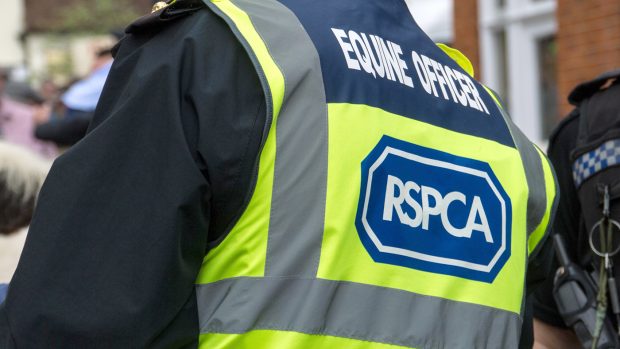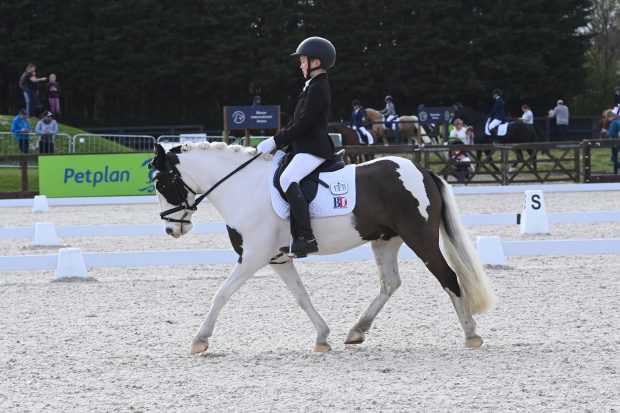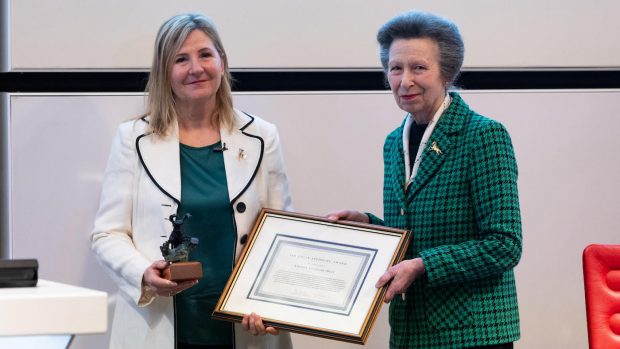The Countryside Alliance (CA) has argued that an independent review into the RSPCA’s prosecution policy has not addressed the “fundamental question” as to whether the body should be prosecuting at all.
The RSPCA welcomed the report, carried out by former chief inspector of the Crown Prosecution Service, Stephen Wooler. The report was released last week (1 October).
The results acknowledged the “substantial and important” role undertaken by the RSPCA in enforcing animal welfare legislation — but made 33 recommendations on its investigation and prosecution activity.
But the CA believes the review has missed the root of the problem.
“Of course the RSPCA can improve the way it prosecutes, but the real question is whether it should prosecute at all,” the CA’s Tim Bonner told H&H. “Relying on private prosecutions to deliver animal welfare laws is a 19th century solution to a 21st century problem.
“We remain convinced that it would be better for both animals and people if the RSPCA left prosecution to the Crown Prosecution Service.”
However, World Horse Welfare argues that the RSPCA’s welfare prosecutions are essential.
“Quite simply more horses would suffer if the RSPCA abandoned its prosecuting role,” said World Horse Welfare’s Roly Owers. “The Animal Welfare Act, like any legislation, needs the tools to enforce it properly and prosecutions provide one vital aspect of that armoury.”
Hunting Act prosecutions
In December 2012, the charity was heavily criticised by media and the public for its £326,000 prosecution of the Heythrop — 10 times that of the defence cost. However, this case was defended in the report.
“The review found that our prosecution of the Heythrop had been appropriately brought and was not politically motivated,” said the RSPCA’s chairman Mike Tomlinson.
“We accept the criticism that the costs of that case were much too high, and have implemented lessons learned in subsequent cases.”
The CA disagrees with parts of the report’s chapter on the Hunting Act.
“The section makes a series of ridiculous claims, which serve only to highlight the author’s ignorance in this field and the influence anti-hunting organisations brought to bear on the process,” Tim Bonner added.
Despite the report’s support, its hunting prosecutions may remain an unpopular use of donors’ money.
“The court cases against legitimate hunts have nothing to do with foxes or any other animal; it is purely political and a complete waste of money that could have been better spent,” said one H&H reader.
It emerged earlier this year that the RSPCA’s donations had dropped by £7 million (news, 10 July).
Why the delay?
Questions have also been asked as to why the report — which was commissioned in December and was due to take four months — was released only last week.
“There are concerns that the report is several months late,” Mr Bonner said when talking to the RSPCA’s David Bowles, on Radio Four.
“Whether it is in the form it was when it was originally delivered, I am not sure.”
Mr Bowles responded saying that the report had taken the full nine months, and that the RSPCA had not “fiddled” with it.
This news story was originally published in H&H magazine on Thursday 9 October 2014





